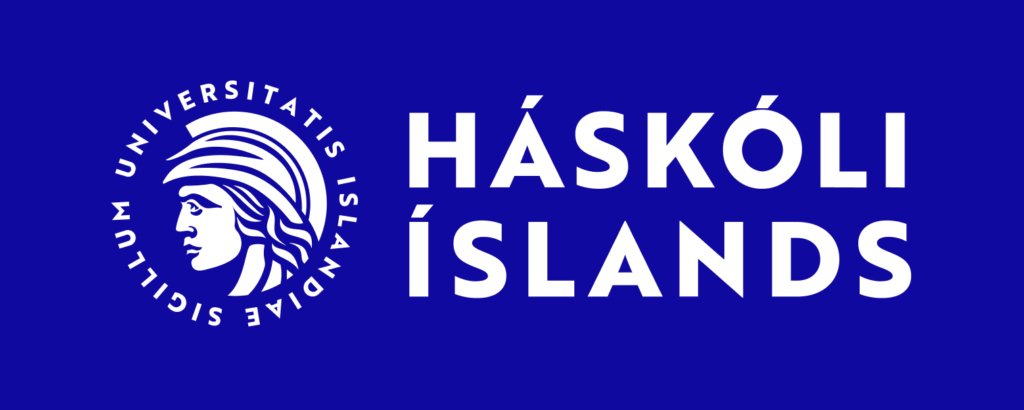Höfundur: Jia-Yu Liou
Leiðbeinandi: Ólafur Páll Jónsson
Ágrip/Efni:
Many Chinese immigrant parents in Iceland want their children to learn and maintain the Chinese language, but they often face significant challenges in doing so. These challenges include limited access to learning resources, difficulties balancing heritage language learning with Icelandic education, and keeping children engaged and motivated. As a result, many parents feel frustrated, overwhelmed, or unsure about the best ways to support their children’s language development.
This study explores the experiences of Chinese immigrant families in Iceland regarding heritage language learning, identifying key challenges and examining the role of mindset, resilience, and motivation in navigating these challenges. Drawing from positive psychology, the study investigates how families develop strategies to sustain engagement and foster a positive language-learning environment. Using semi-structured interviews, the research gathers insights into the obstacles faced in language learning, the strategies families use, and the emotional impact of their efforts. The study explores how families’ attitudes and strategies influence Mandarin learning, considering the role of motivation, resilience, and family dynamics in shaping language retention. Positive psychology principles, including elements of the PERMA model, offer insights into how families stay engaged and maintain a supportive language-learning environment.
Preliminary findings suggest that parents who use fun, interactive learning methods, involve their children in cultural activities, and build strong community connections find it easier to sustain language learning at home. Additionally, having a positive mindset, celebrating small achievements, and receiving external support from schools or local organizations plays a crucial role in keeping both parents and children motivated.
This research aims to provide practical recommendations for parents, educators, and policymakers to make heritage language learning more accessible and enjoyable. By focusing not only on language acquisition but also on emotional well-being and motivation, this study highlights how immigrant families can successfully balance learning Chinese with adapting to life in Iceland. The findings contribute to discussions on bilingual education, cultural identity, and the importance of fostering resilience in immigrant communities.
For this study, ‘Chinese families’ refers to families of Chinese linguistic and cultural backgrounds whose heritage language is Mandarin, regardless of nationality. This includes families from Mainland China, Taiwan, and other Chinese-speaking communities who share similar experiences in passing on Mandarin in Iceland.

